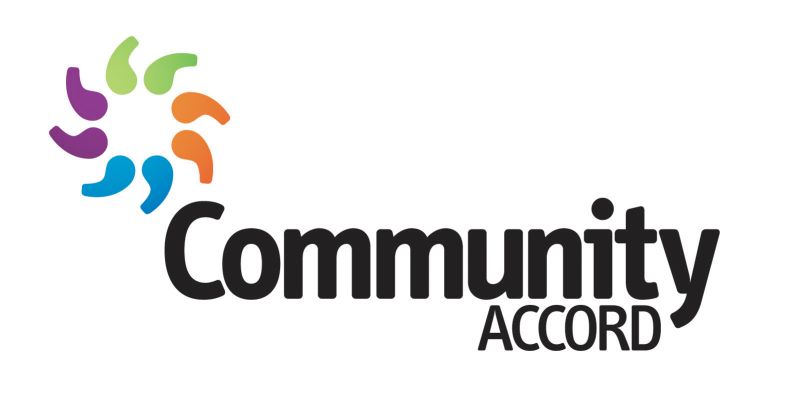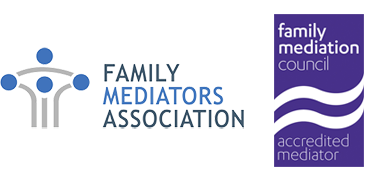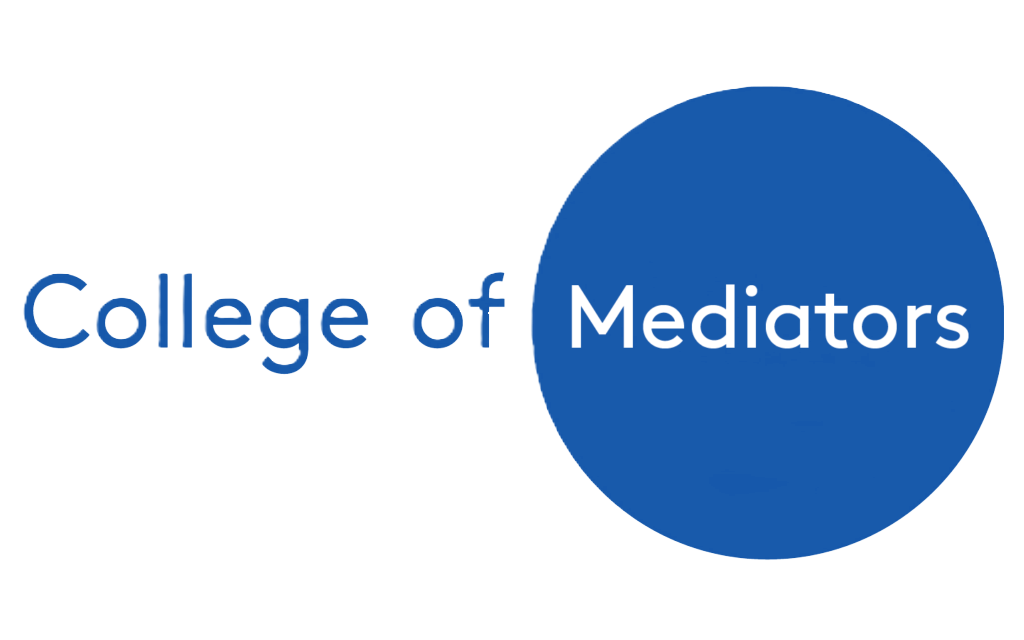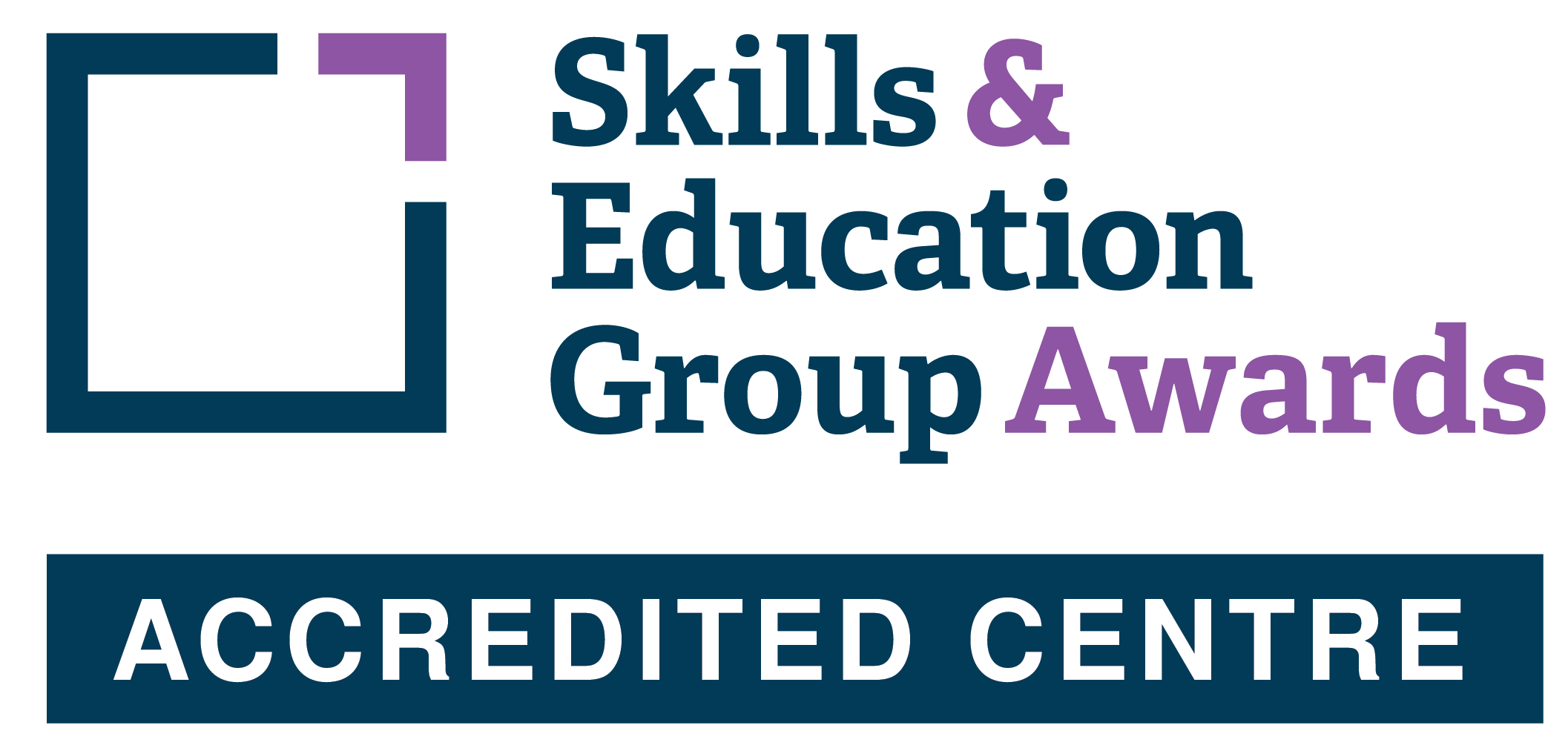 What is it? What are the benefits?
What is it? What are the benefits?
Mediation provides an opportunity for two or more people in dispute to talk through their issues, and express their feelings and needs in a safe and creative space. Anyone can refer themselves for mediation, or be referred.
A mediator will talk to all parties to ascertain the background to the case and learn more about the prevailing circumstances. If two or more parties agree to meet, the mediator will run a ‘joint session’, leading them through a structured conversation with a view to reaching new understandings and agreeing upon next steps.
The great majority of cases which reach this stage produce successful understandings and agreements.
Mediation sits outside other forms of dispute resolution. In particular, it is not an evidence-based or legal process and the mediator is not empowered to take decisions for the parties on the matters arising.
There are four principles that a mediator upholds:
1) Impartiality throughout the process; 2) A non-judgemental attitude towards the parties, their issues and the nature of any agreements reached; 3) The conversations we have with parties are confidential; 4) That mediation is voluntary for the parties.
Mediation may be less expensive than alternative forms of dispute resolution, have a lasting impact on reducing tensions (improving relations) between parties and lead to solutions that work for all.
In short, mediation is an ideal way for parties in dispute to resolve their differences through informal, structured conversation.





